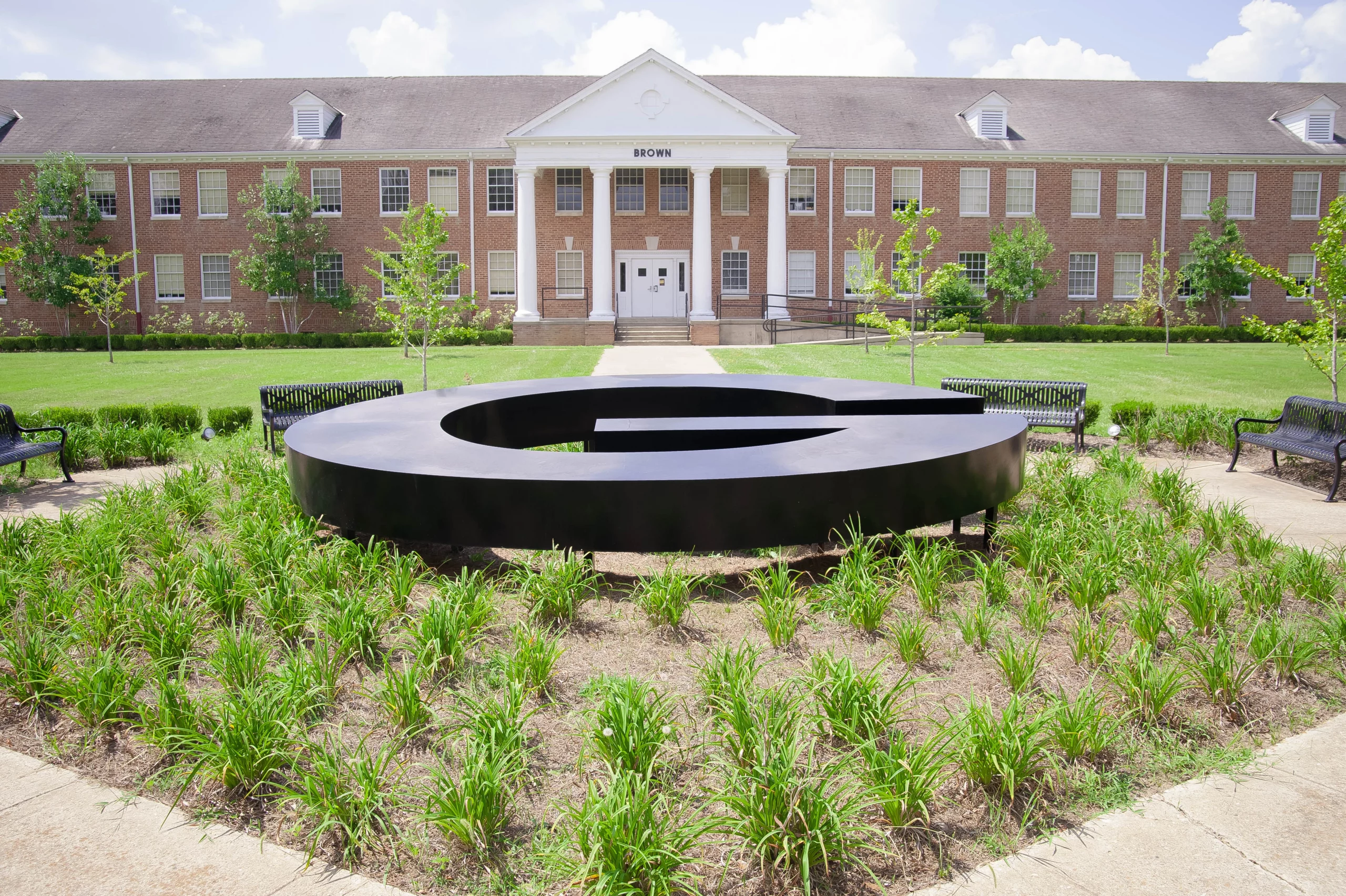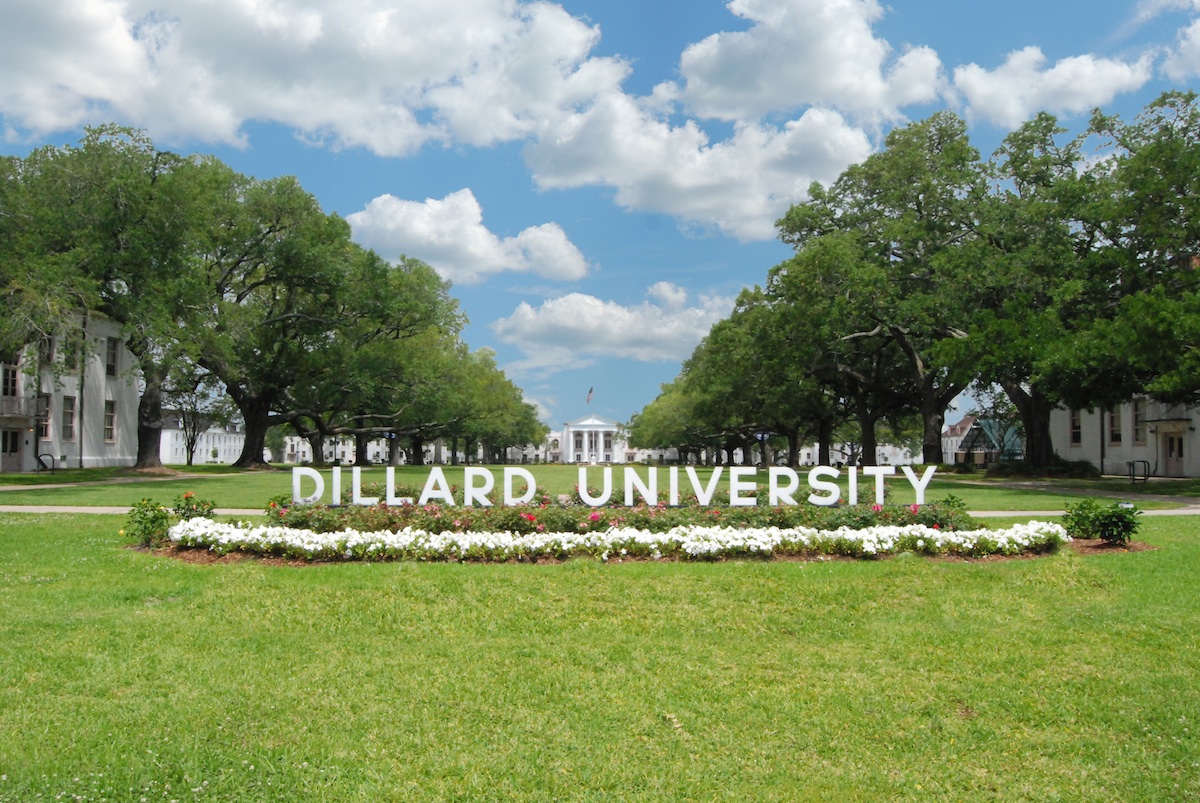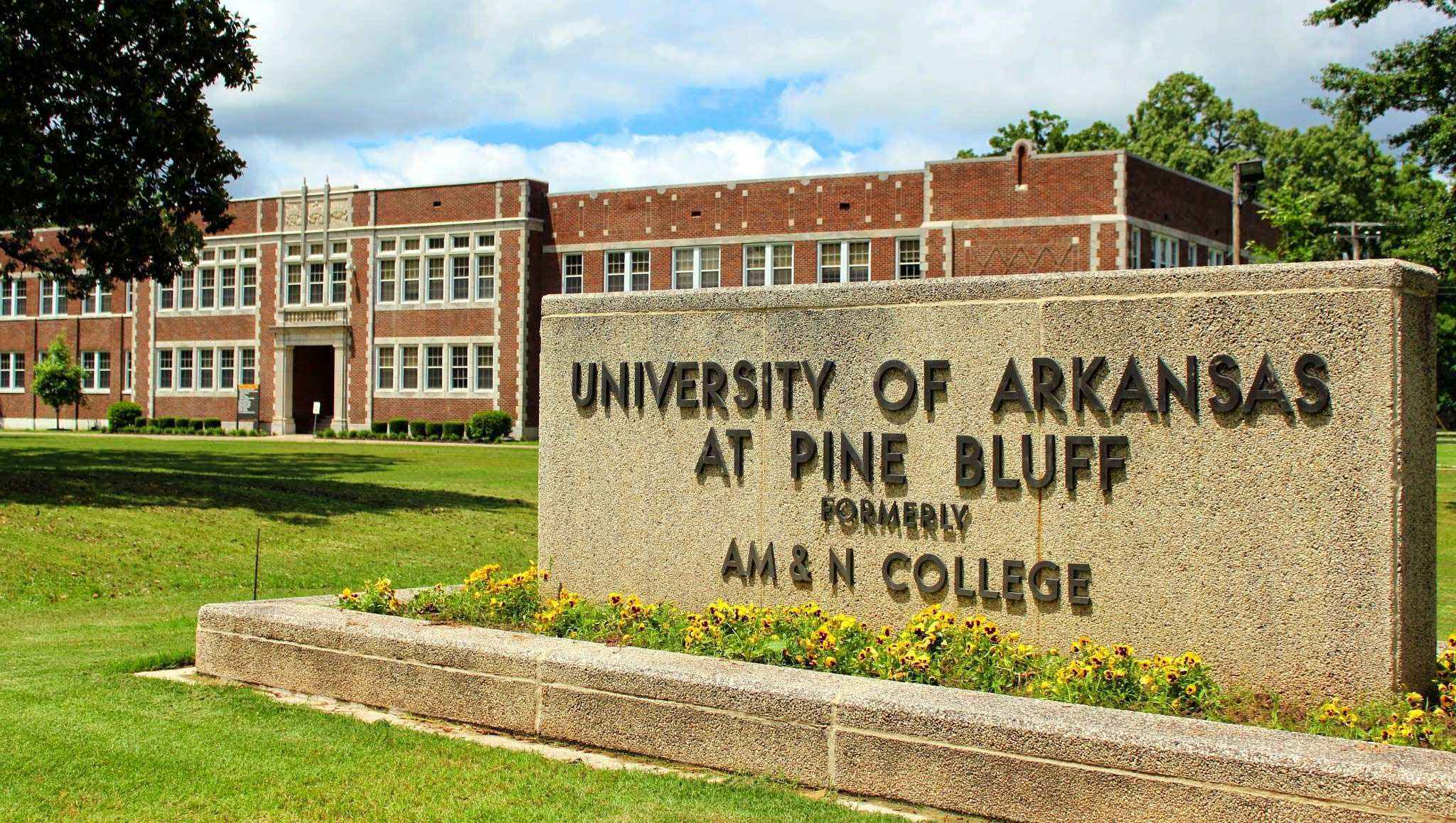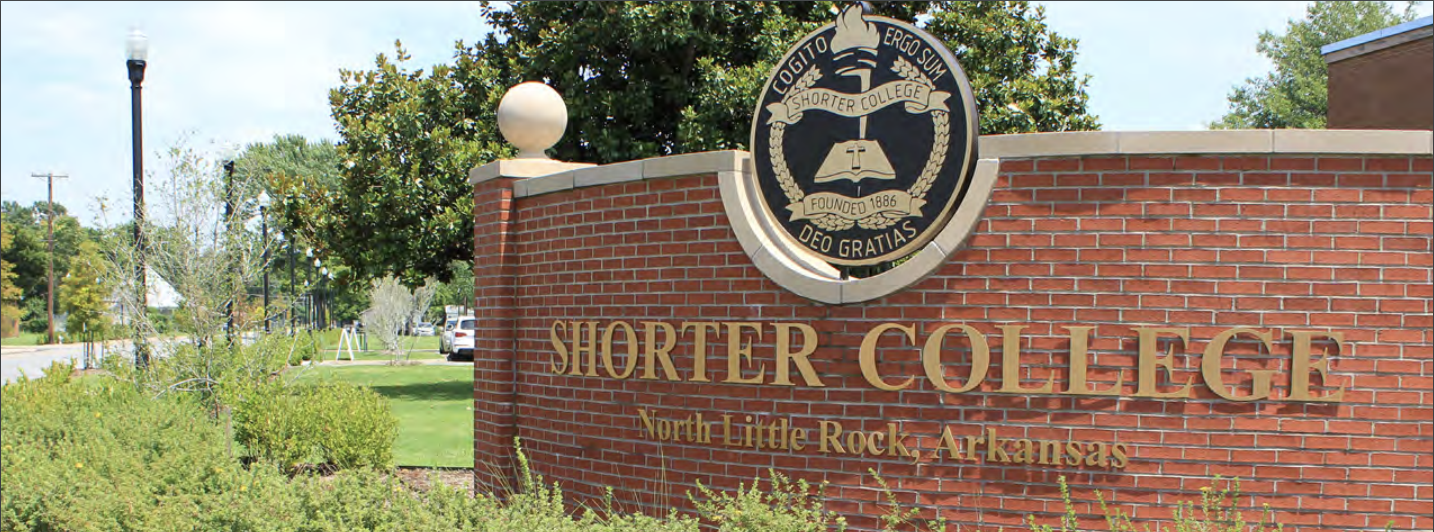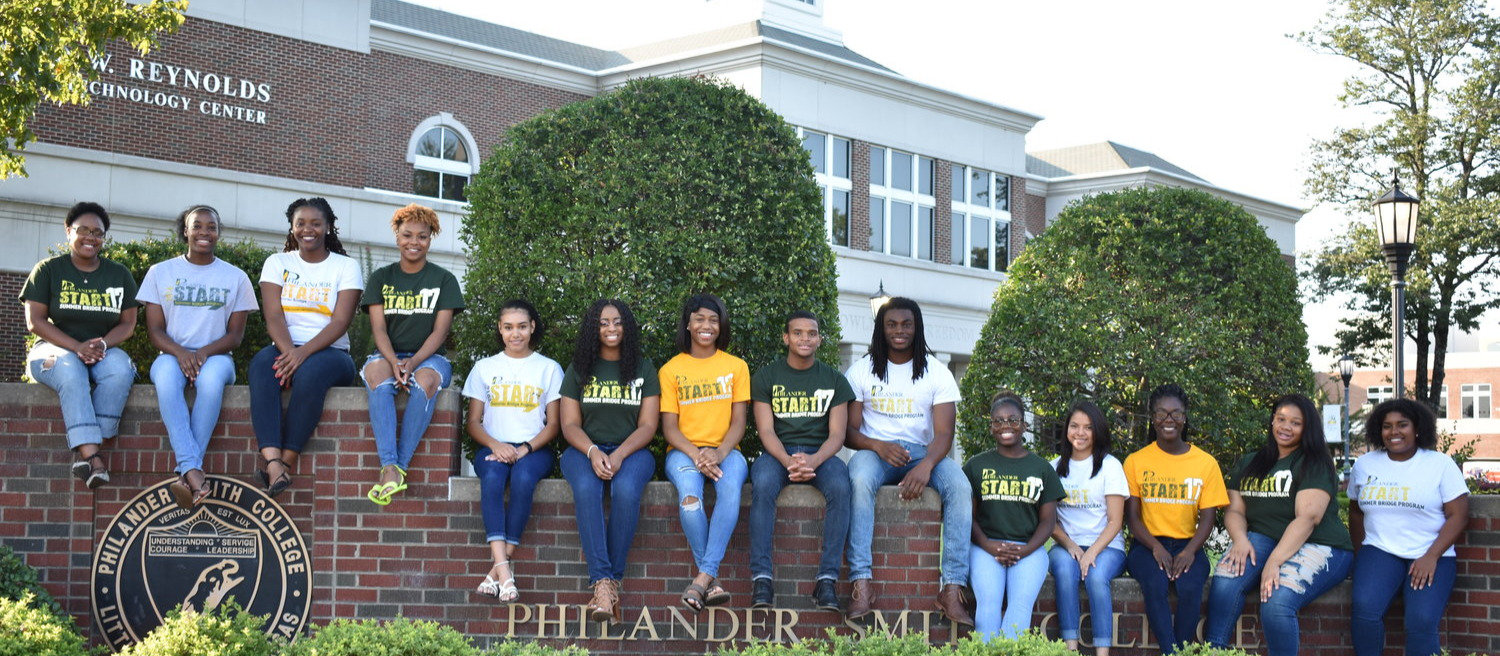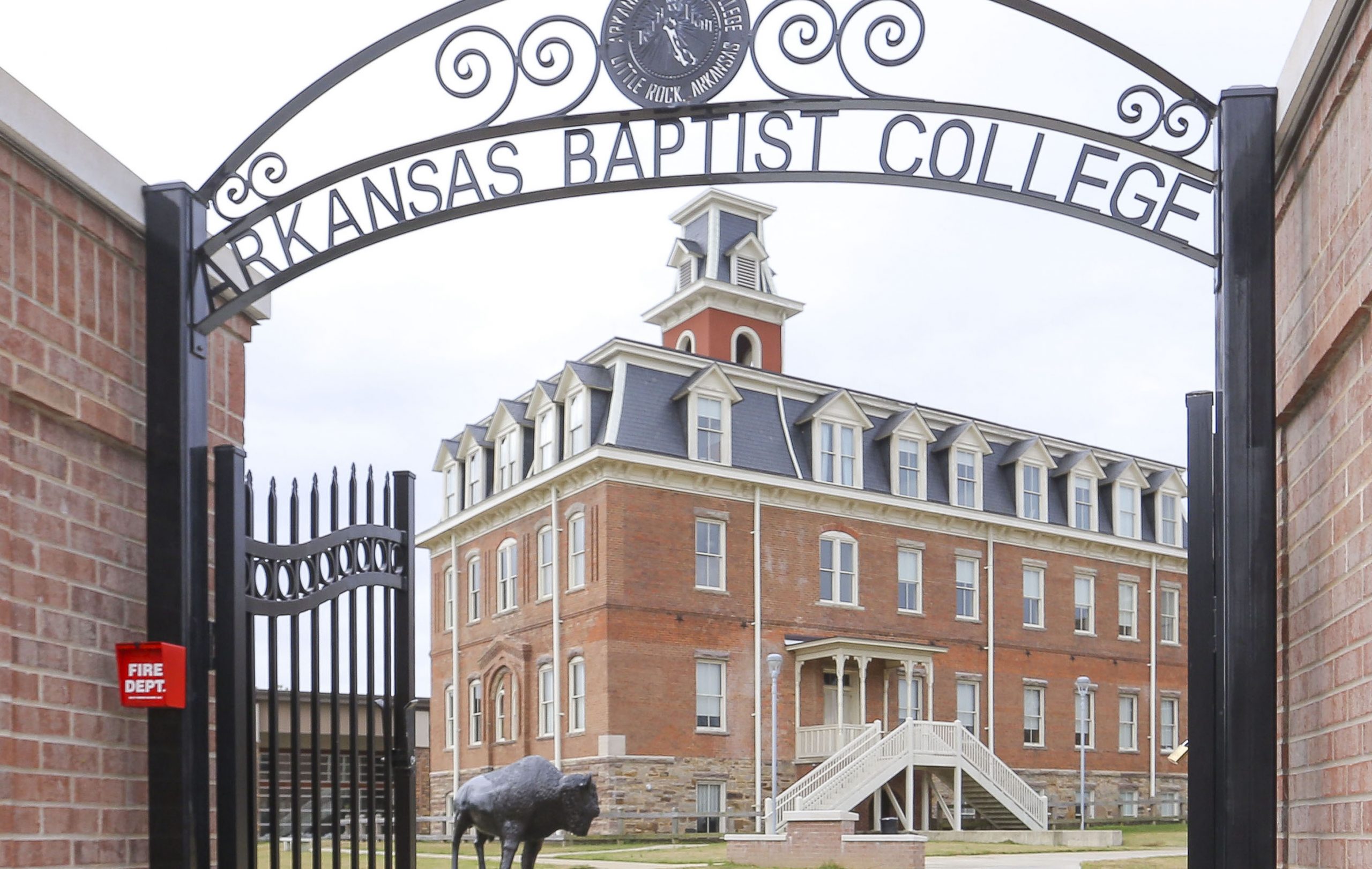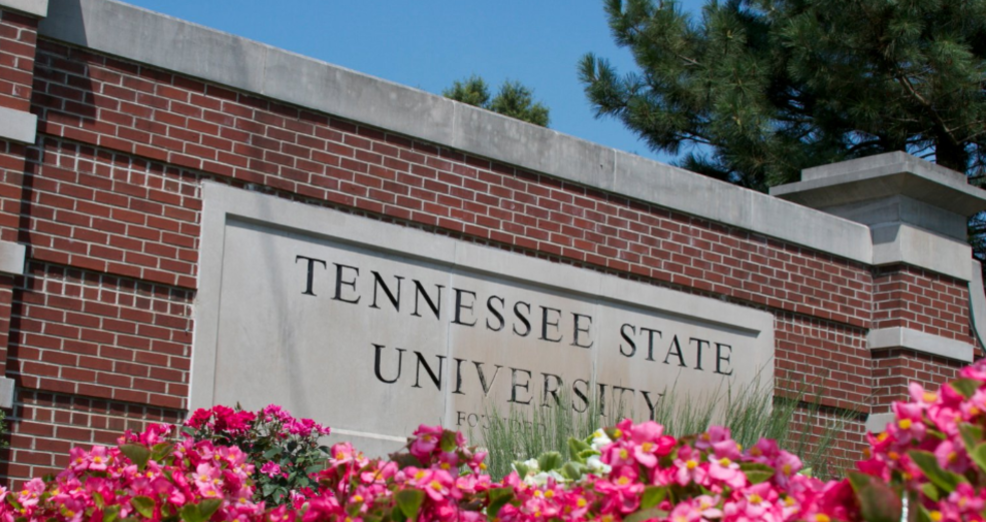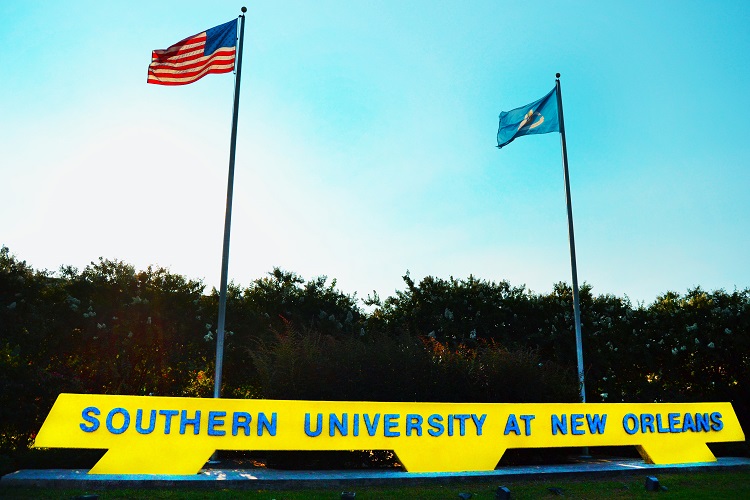
Explore HBCU – Southern University at New Orleans
Southern University at New Orleans is a public, historically Black university located in New Orleans, Louisiana.
Background
Originally founded in 1880 in New Orleans, Louisiana Southern University in New Orleans began its mission of providing post-secondary education for African Americans. In 1890 the school’s name was changed to Southern University as the school was subsequently recognized as a land grant college.
Southern University, New Orleans (SUNO)—a branch of the 3-part Southern University system—was established in 1956 and is one of the first historically black schools established after the 1954 Brown v. Board of Education decision which officially desegregated educational institutions. The school opened in 1959 and awarded its first baccalaureate degrees in 1963. It soon developed into a four-year, largely commuter student based university with a variety of evening and weekend study programs.
While the school was established as an open community of learners, classes began with 158 freshmen, one building, and 15 highly motivated members comprising the faculty, today SUNO acts as a beacon for those looking for educational advancement.
Programs & Opportunities
Southern University at New Orleans is accredited by the Southern Association of Colleges and Schools Commission on Colleges (SACSCOC) to award baccalaureate, master’s, and doctorate degrees.
Academic Programs at Southern University at New Orleans include study of Business Administration, Child Development & Family Studies, Computer Information Systems, Interdisciplinary Studies, Health Information Management Systems, Museum Studies, Natural Sciences, Public Administration, Social Sciences, Social Work, and Teacher Education.
SUNO also holds dear the belief that carefully planned and well-executed holistic co-curricular programs will help students succeed in their academic, professional, and social pursuits. Student activities, residential life, and veteran affair activities are available to build a unified SUNO community of students and faculty to create an enriched overall experience.
Learn more about Southern University at New Orleans here.
Alumni Affairs
Southern University at New Orleans is a premier institution that endeavors to advance the educational standing of its students and the communities the students go on to inhabit.
Some notable alumni from Southern University at New Orleans include, but are not limited to:
- Louis Westerfield, law school dean at three colleges and universities, law professor, author, judge, and community leader, received a Bachelor of Arts in Political Science from Southern University in New Orleans.
- Oretha Castle Haley, one of Louisiana’s leading civil rights, women’s rights, and human rights activists, attended Southern University at New Orleans after graduating from Joseph S. Clark High School in 1958.
- Lambert Boissiere III is a member of the Louisiana Public Service Commission, a democratic representative forDistrict 3 who earned a Bachelor of Science from SUNO.
Financial Information
At Southern University at New Orleans full time general fees total to $7,083.34 for Louisiana resident undergraduate students per academic year and $8,774.34 for Louisiana resident graduate students per academic year. For full-time non-Louisiana residents, out-of-state fees add up to $8,900.86 for undergraduate students and $6,941.38 for graduate students.
The Office of Student Financial Aid at SUNO works to assist students in applying for and securing the financial resources available to sufficiently pursue educational goals.
Conclusion
Southern University at New Orleans seeks to empower and promote the upward mobility of diverse populations of both traditional and nontraditional students alike through quality academic programming, teaching, research, and service.
Learn more about Southern University at New Orleans here.
Sources
- https://www.findmyhbcu.org/school/southern-university-at-new-orleans/
- https://www.blackpast.org/african-american-history/southern-university-1880/#:~:text=Originally%20founded%20in%201880%20in,as%20a%20land%20grant%20college.
- https://www.suno.edu/page/about-suno
- https://www.suno.edu/page/accreditation
- https://www.suno.edu/page/academic-programs-landing
- https://www.suno.edu/page/student-affairs
- https://www.diverseeducation.com/faculty-staff/article/15083850/appreciation-louis-westerfield-1949-1996-obituary
- https://64parishes.org/entry/oretha-castle-haley
- https://ballotpedia.org/Lambert_Boissiere_III
- https://www.suno.edu/assets/suno/PDFs/AdmissionsAndFinancialAid/SPRING-2021-STUDENT-FEES-12082020.pdf
- https://www.suno.edu/page/financial-aid
Pictures
- SUNO Logo: https://www.socialworkdegreeguide.com/college-profiles/southern-university-at-new-orleans/
- SUNO Sign: https://www.suno.edu/page/institutional-effectiveness
- SUNO Students: https://hbcuconnect.com/colleges/110/southern-university-at-new-orleans
- SUNO : https://www.theurbanvoice.com/listing/southern-university-of-new-orleans-hbcu-gilda-davis-african-american-new-orleans.html


